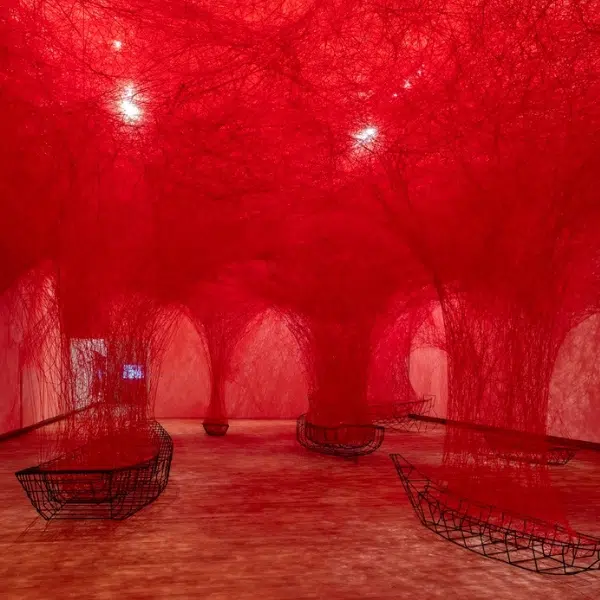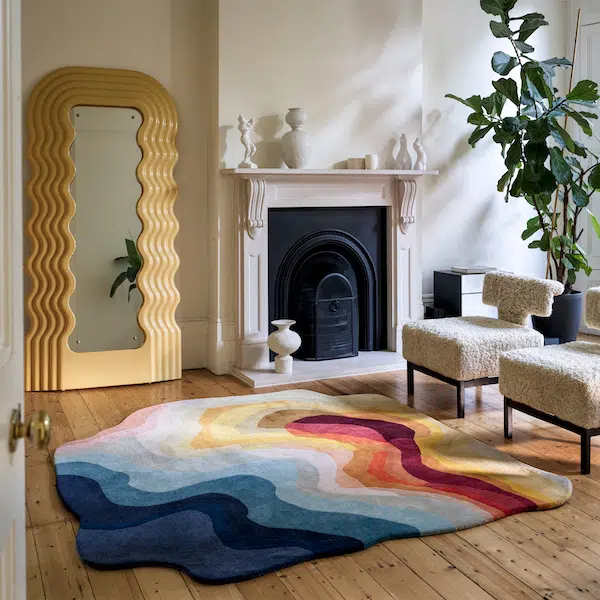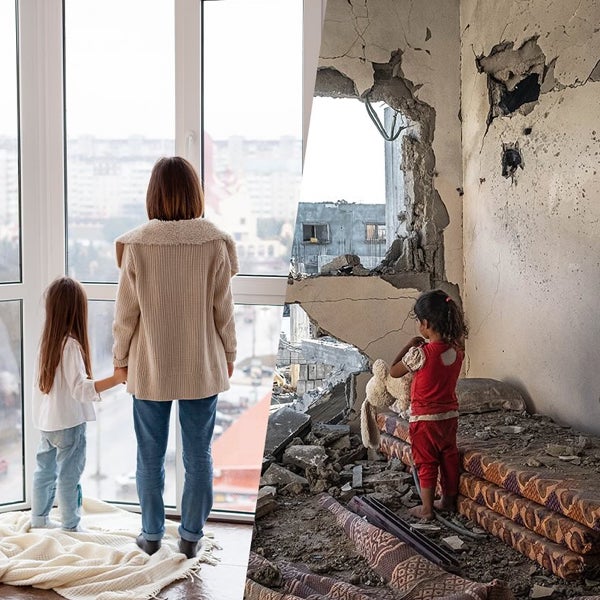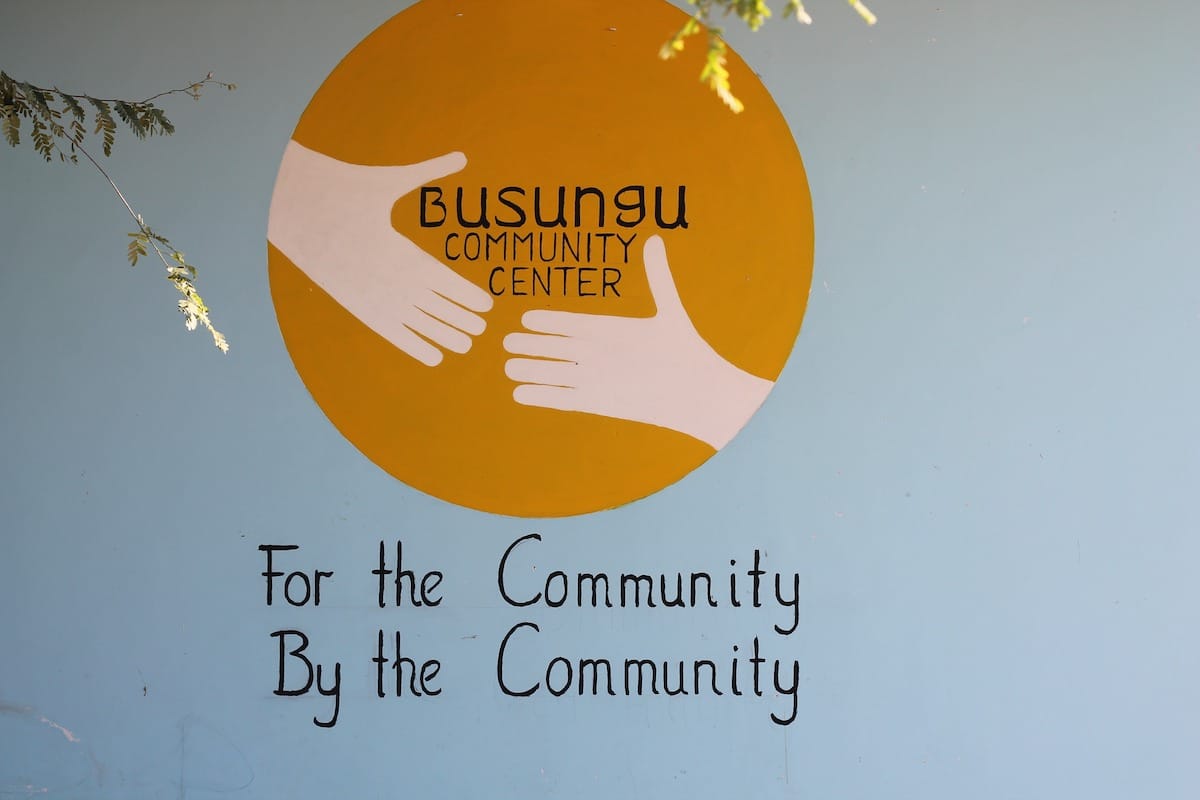
It can be easy to forget that getting to and from school can be a challenge for some children. The kids in the Madale region of Tanzania experience this struggle on a daily basis. They live in an underserved area for education, with over 400 children who reside there but only a couple of schools for them to attend. As a result, there is overcrowding in the classrooms, and many kids have to travel miles to go to school. (Some children just don’t go at all.) This is where the Busungu Community Center (BCC) has stepped in. Established in 2016, it is a non-government organization (NGO) that provides learning for up to 100 children who become part of a nursery school that follows the international curriculum for nursery schools in Tanzania.
Ages three through six currently attend the BCC school. There, local teachers and international interns focus on fostering the skills that young children need to help them succeed later in life. Through a variety of activities, they learn to be curious, cooperate with others, be creative, and take initiative.
My Modern Met Store donates 1% of its profits to a charity that benefits children and adults in helping them to experience art in a way that they might not have before. In 2018, our online shop donated money as well as drawing books and rainbow pencils for the children at the BCC school to use.
If you would like to help support BCC, you can do so by becoming a sustaining member. For just $15 a month, you can help fund the school in providing healthy meals, buying supplies, and making renovations and upgrades to their space.
We spoke to three people involved with BCC: Edward Busungu, Co-founder and Director; Danny Kim, Co-Founder and Advisor; and Line Bickmann, Head Administrator. Scroll down to read our interviews with them and learn more about how BCC is helping change the lives of people in Madale.
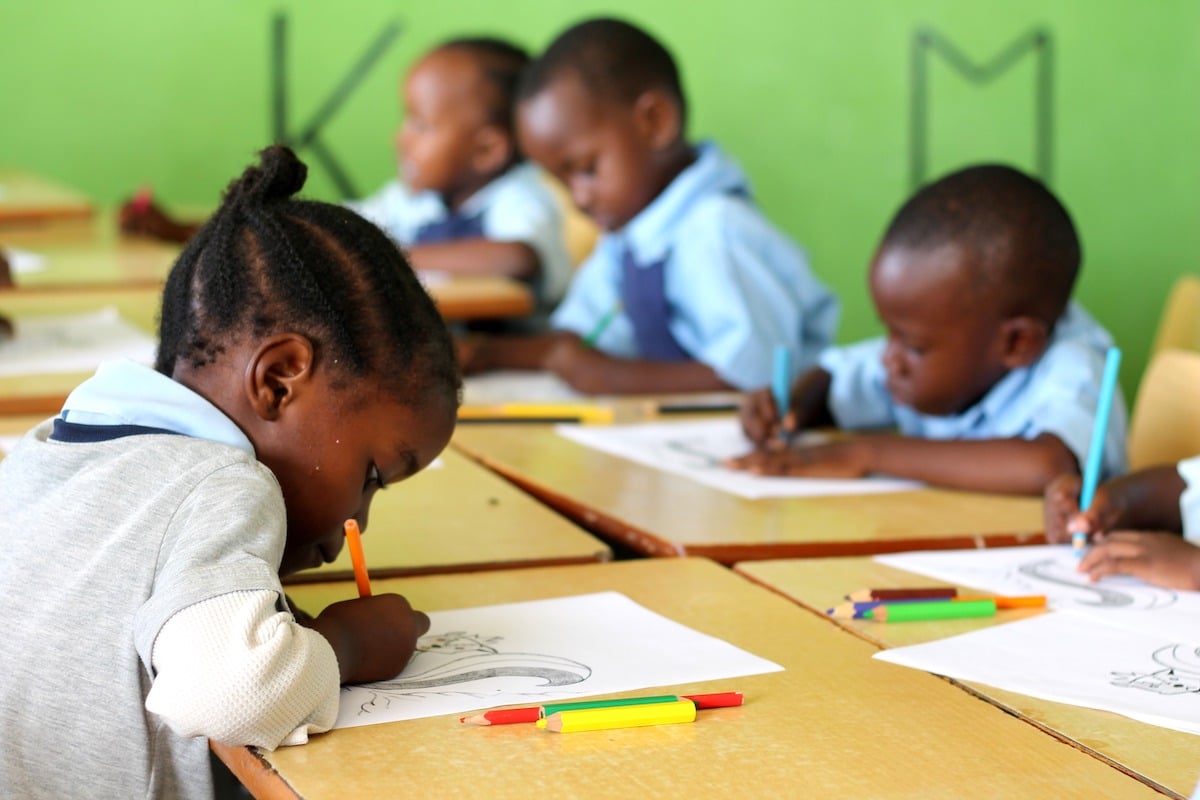
What inspired you to start the Busungu Community Center?
Danny Kim (DK): In my 20s, I traveled throughout several developing countries in Asia and Africa. At some places, I spent up to 10 weeks volunteering at NGOs. Unfortunately, from my experiences, I realized many NGOs operate for-profit, in which fundraising dollars or volunteer income goes to the owners (who are usually foreigners) so the money ends up going back to developed nations (there is very little legal oversight). I was disappointed by my experiences. In my 30s, I wanted to return to Tanzania to create my own organization with all Tanzanian board members to prevent such occurrences.
Edward Busungu (EB): What inspired me the most was my own background and childhood from where I lived as a boy from a young age. I had to walk very far to go to school—around 45 minutes to the local transport and then on a bus for half an hour. I had to leave home around five o'clock every morning, and if anyone was late they used to get punished.
Before I started BCC, there were only two schools around the area and each school was overcrowded. There were only a few teachers in each class with no proper structure. To get into a proper school, you have to pay a lot of money and go very far from the village of Madale. Most parents cannot afford it because most earn a living by driving motorbikes as taxis and cooking local food in the village for the workers and then working budget construction.
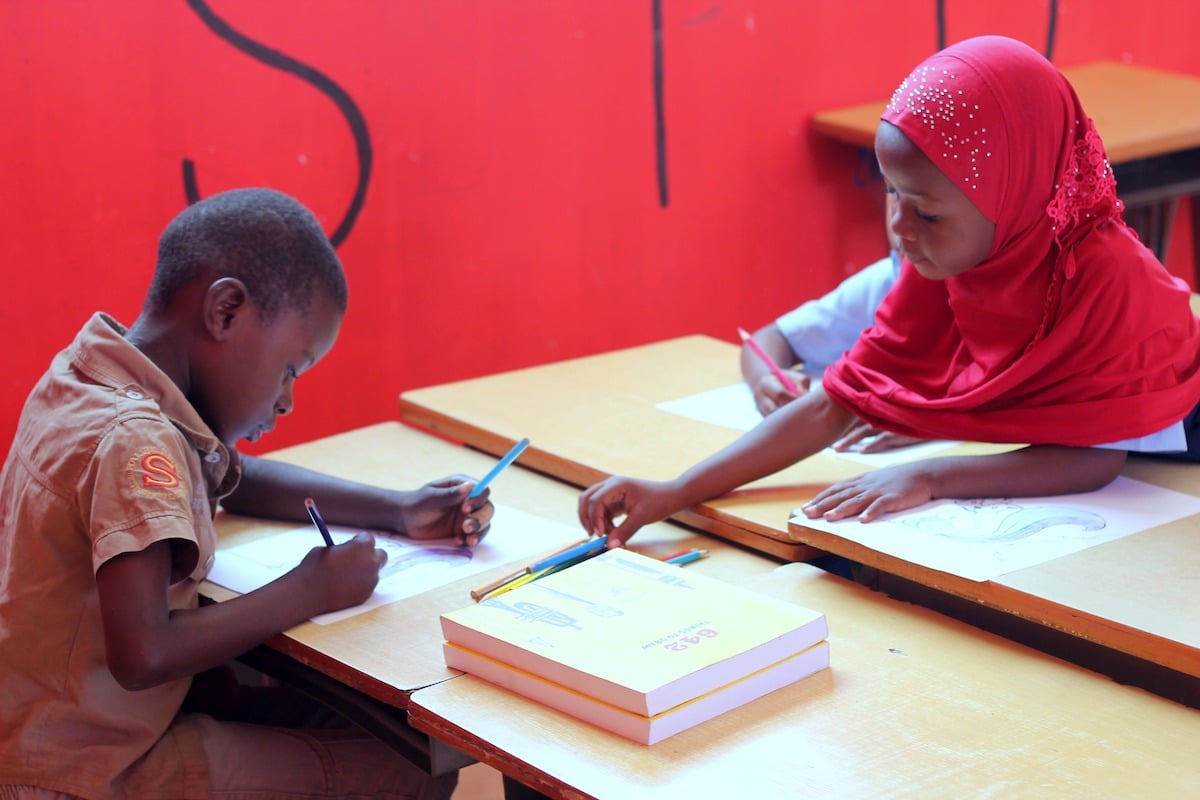
Line, how did you become connected to BCC?
Line Bickmann (LB): I came to Tanzania to volunteer for the first time in 2009, and I have known Edward since then. I remember talking to him in 2015, where he explained to me that they were going to open a school and that I was the one going to run it. By that time, I was living in Greenland, where I was a lecturer at a university college, so that did not really sound like a realistic plan—but somehow it happened anyway. And here I am and have been since the opening.
What are the three key points of the BCC?
DK: To keep it short, our goals are to be Local, Transparent, and Sustainable. In terms of local, aside from myself, our five board members are all Tanzanian and provide their support for free. We also hire local teachers. Being local is important because so many NGOs in developing nations comprise of mainly foreign board members and managers. This creates a divide between foreign and local staff. As a preschool, I think it's important that the children have adults of their own nationalities in the key positions so they look up to people of their own heritage as role models.
Transparency is also very important. Many nonprofits do not open their books or state where their donation money is going to. At the BCC, on our website, we list exactly where donation money is going to (primarily construction projects) and how much we've spent monthly operating our preschool. This ensures that we are operating aboveboard. If people give us a donation, they can have the peace of mind knowing how it's spent. As an organization, I am proud that 0% of our fundraising money goes to administrative fees. 100% goes directly to the project since all our board members are working free of charge.
Sustainability is our last goal and currently our most challenging. We charge a small fee of $15/month for children to attend our school. That money goes to pay staff salaries and operating costs like food and water. Currently, we are losing money some months but our hope is that student tuition can go to running the school and that we can end up near even after each month.











































































